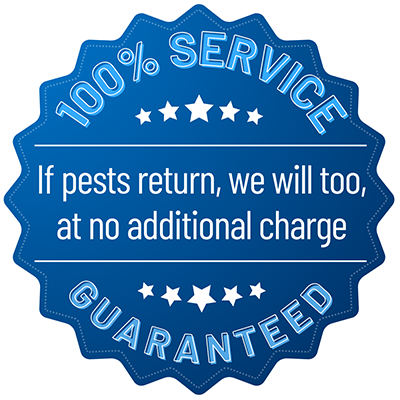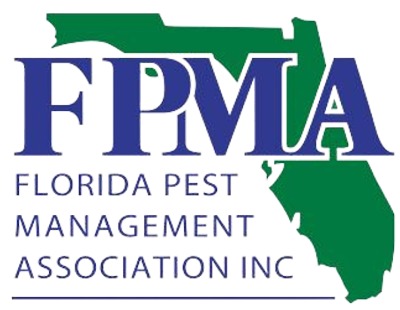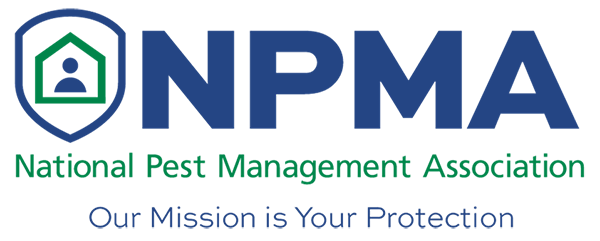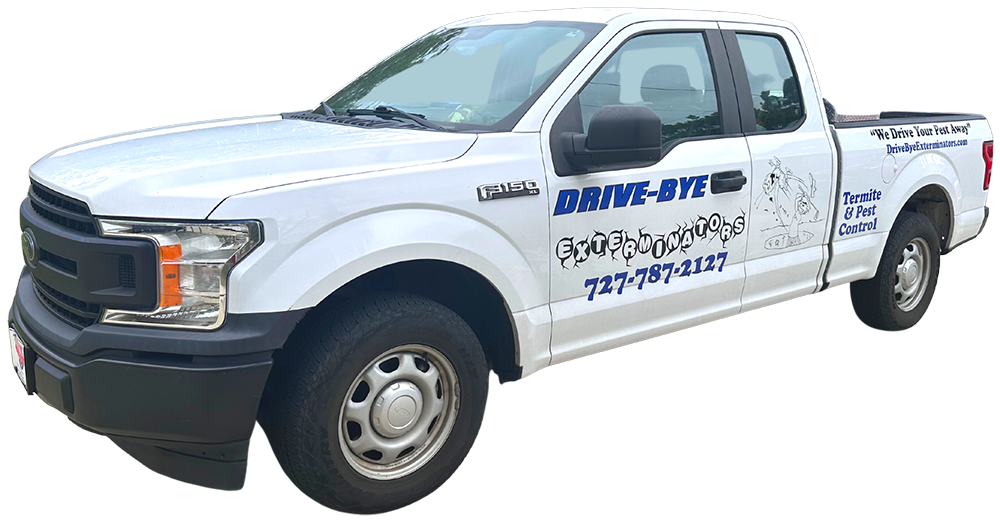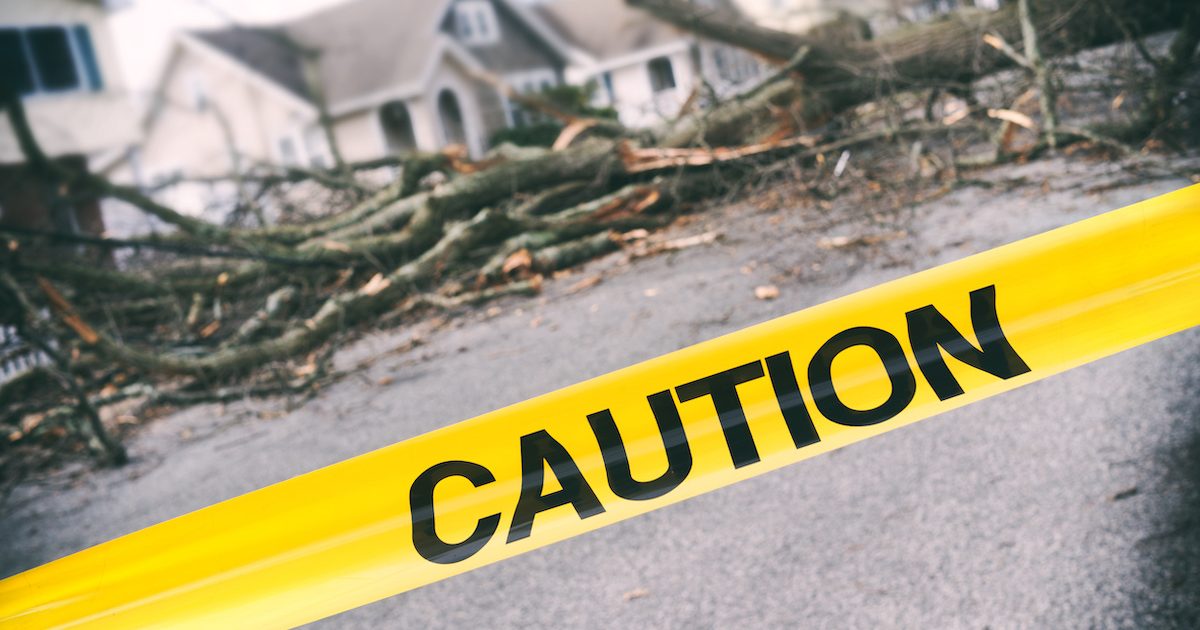
Hurricane Season 2020 is upon us. From June to November, the southeast United States is susceptible to tropical systems that often include strong winds, storm surges, and heavy rainfall. Whether you have been a resident of Florida since birth or are a more recent addition to the sunshine state, hurricane season is something everyone is very aware of. Hurricane season requires preparation early in the year and then continuously throughout the season. Pests in Florida have long adapted to the hurricane season and this can mean they take to your home as a shelter.
Peak Summer Pest Season is Peak Hurricane Season
Since hurricane season primarily spans over the summer, the summer pests are the ones to look out for. The peak of the season for pests during the summer is late summer and early fall. Unfortunately, this coincides directly with the peak of the hurricane season. Damage and debris from storms can create new places for the pests to enter your home or nest. In addition to this, their food source may be cut off in the case of a storm, causing them to seek shelter and food where you are. Depending on the pest, this can be dangerous to people. It is important to understand what to look out for, how to prepare, and how to handle any infestations before a storm hits.
Drain Standing Water
If you are expecting a large amount of rainfall it may seem to be counterproductive to drain any standing water. But mosquitos breed in standing water. Dump out any standing water and turn over water-collecting containers. After a storm, you should check for any standing water and clear it at once. Mosquitos only really need about half of an inch of water to breed and you want to prevent any breeding. Be sure to wear long sleeves and pants while inspecting to avoid any bites.
Take Out the Garbage
Take out all the garbage – especially your kitchen garbage. In the case of a storm, there is a chance you lose power and food spoils. Disposing of it promptly can help to avoid rats, roaches, flies, mice, and other pests that use that as a food source. If it can’t be picked up quickly, seal it in an airtight container and store it away from the house.
Handle Any Current Infestations
Get your home inspected and treated for any pests now. Before a storm hits and before any infestations get worse. Not only is it easier to treat an infestation in the earlier stages, but after a hurricane, it is hard because of all the other factors that come into play. If there is any damage done to your home it can be easier for the infestation to spread throughout your home. By handling an infestation and then pest-proofing your home, you can prevent future infestations too. Seal any doors or windows that may allow pests to enter your home. Clear away anything that might offer a breeding site for pests.
Identify Any Water Damage
After a storm, you should carefully inspect your property. This may seem like a no-brainer, but it goes even further than that. Hurricanes can bring a lot of water and water damage. Wood that has been damaged by water and has begun to rot is very attractive to termites. As we know, these pests can quickly infest a home and cause thousands of dollars of damage. Excess moisture in the soil can cause pests like ants to find refuge at higher, dryer ground. Remove any rotting wood, fix any water leaks, and make sure there isn’t any standing water that can attract pests to your home.
Call in the Experts
Hurricane season comes and goes every year. Don’t let this year bring any unwanted pests into your home. At DriveBye Exterminators, we help make sure your home is pest-free. We offer preventative maintenance programs and can help identify pests in your home. Have a safe and pest-free summer! Give us a call or contact us today if you have any questions.

